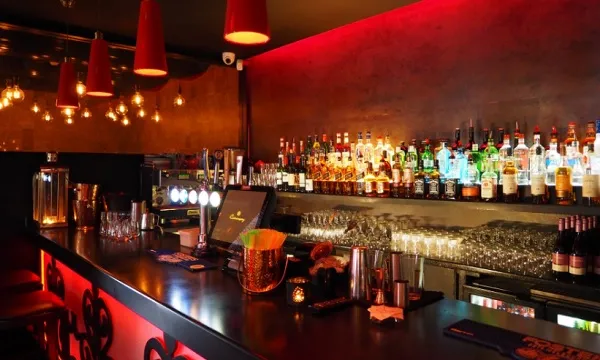
Weekly News Wrap: South Korea closes bars amidst virus surge; Online commerce in China on the rise
And the US mulls pressuring Chinese firms such as Alibaba.
From Bloomberg:
South Korea imposed its strictest social distancing measures since May as the nation globally lauded for its virus containment strategy faces one of its worst resurgences yet.
Worship services and large gatherings have been banned in Seoul, Incheon and Gyeonggi Province, and high-risk facilities like bars and clubs would be closed, said Prime Minister Chung Sye-kyun in a press conference. Gatherings of more than 50 people indoors and 100 outdoors are also forbidden.
The country reported its fifth day of triple-digit cases, raising alarm that a country seen as a global model of democratic containment may be losing control. Most of the new cases were in the greater Seoul area, home to almost half of South Korea’s population.
Read more here.
From CNBC:
More and more people in China are turning to jobs in the digital economy as the coronavirus pandemic accelerates a shift toward online commerce and livestreaming.
Chinese recruitment platform Qingtuanshe said some of the fastest-growing job openings it’s seen are those that can be done at home, such as online part-time work that include short video editing and livestream broadcasting.
A look at Qingtuanshe’s job portal, accessible through the Alipay app run by Alibaba-affiliate Ant, shows openings for 4,000-yuan-a-month (approximately $575) to livestream on Douyin, the Chinese version of the hugely popular short-form video sharing app TikTok.
However, some third-party Chinese data estimates indicate the gross merchandise value (GMV) of goods sold in July by the top 50 livestreamers dropped by a few billion yuan from June, a month that saw major e-commerce platforms hold a major shopping festival.
Analysts have noted that livestreams can often drive impulse purchases, which results in a higher rate of products being returned.
Read more here.
From Reuters:
US President Donald Trump said that he could exert pressure on more Chinese companies such as technology giant Alibaba after he moved to ban TikTok.
Asked at a news conference whether there were other particular China-owned companies he was considering a ban on, such as Alibaba, Trump replied: “Well, we’re looking at other things, yes.”
Trump has been piling pressure on Chinese-owned companies, such as by vowing to ban short-video app TikTok from the United States. The United States ordered its Chinese owner ByteDance to divest the US operations of TikTok within 90 days, the latest effort to ramp up pressure over concerns about the safety of the personal data it handles.
Read more here.



















 Advertise
Advertise






